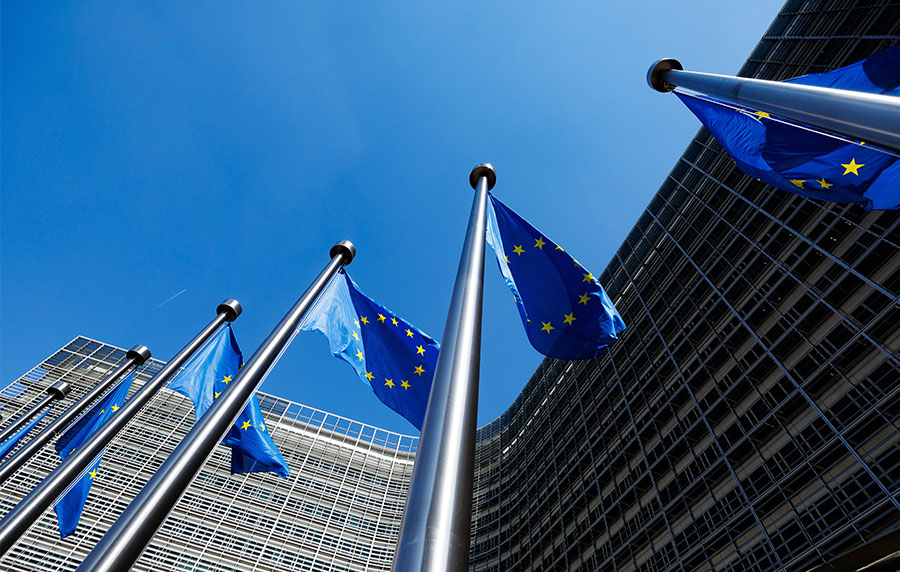On 3 April 2025, the European Commission presented its proposed changes to the REACH Regulation to national experts during a CARACAL meeting, the advisory body for REACH and CLP. According to the Commission, the aim is to simplify the regulation for companies and authorities, modernise it, and strengthen enforcement.
Several key proposals for the upcoming REACH revision, expected in 2025, were discussed during the meeting. These changes could significantly impact chemical management across the EU. Here’s a summary of the main points:
- 10-Year Validity for Registrations
REACH registration numbers would be valid for 10 years. ECHA would have the authority to revoke them if dossiers are found outdated or non-compliant.
- Mandatory Dossier Updates
- Dossiers would need to be updated following:
Identification of a substance as a SVHC
Assignment of a harmonised classification
- Dossiers would need to be updated following:
- Changes to REACH Annexes
-
- Proposed deletion of Annexes III and XIII
- Revisions planned for Annexes I, VI–X, and XI
- Testing Proposal Requirements
All in vivo tests, including those in Annexes VII and VIII, would require a “testing proposal”, regardless of tonnage band.
- Expanded Chemical Safety Assessment
The Chemical Safety Assessment would need to cover also the new hazard classes PMT (Persistent, Mobile, Toxic), vPvM (very Persistent, very Mobile) and Endocrine Disruptors (EDs)
- Introduction of the Mixture Assessment Factor (MAF)
To better reflect real-life combined exposures, a Mixture Assessment Factor would be introduced to assess cumulative chemical risks.
- Mandatory Notification of Polymers
All polymers manufactured or imported in quantities above 1 tonne/year would require notification.
- Enhanced Requirements under Annex VII
Information requirements under Annex VII would be strengthened, potentially introducing new mandatory tests even for lower tonnage bands.
- Upgrade of Physicochemical-Only Dossiers
Dossiers containing only physicochemical data would have to be updated to meet the full requirements of Annex VII.
- Restriction proposals
Better upfront prioritisation and design to avoid overloads and delays in the process.
- Changed role of the Candidate List
to prioritise regulatory action in general, instead of serving only as the first step towards authorisation.
Furthermore, among the additional proposals presented, discussions focused on:
- Digitalisation of supply chain communication, including the transition to digital Safety Data Sheets and alignment with the Digital Product Passport (DPP) framework.
- Strengthening the EU’s role in enforcement, by setting common criteria for national systems and enabling both systematic and ad-hoc audits across Member States.
Public consultations on these proposals are open until 25 April 2025, with the final legislative package expected by the end of the year.



